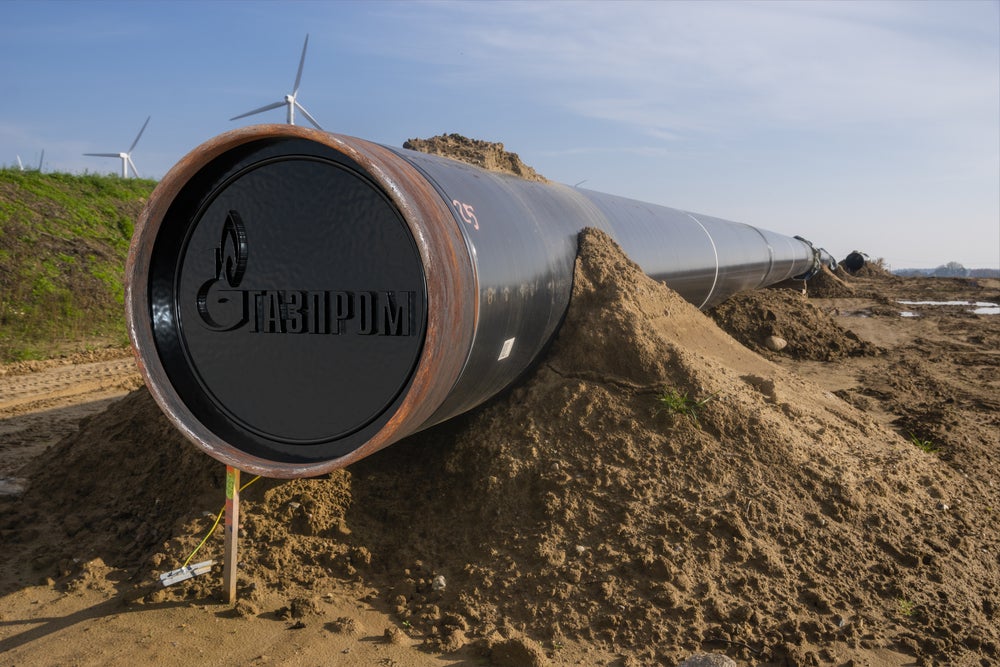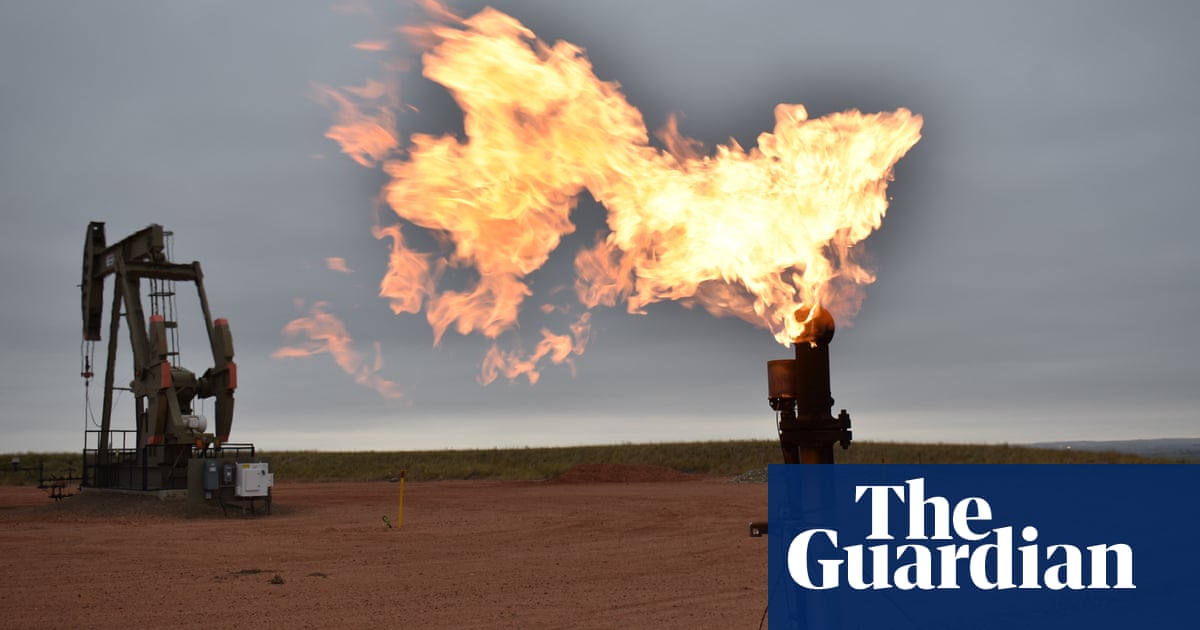So basically everything is left to come? UK and all these European countries are chewing through coal at the moment. Renewable without base load power will always have an element of volatility. I see 0 world where you can add more electrical demand to the grid while just hand waving closing coal plants and far worse nuclear power. Saying oh we will just add solar, wind, and batteries (lol) to offset all of what is currently needed and this extra demand we are creating by electrifying everything is a fairytale.
I missed this reply.
The major transitions that remain will reduce energy demand.
EVs reduce energy demand by 2/3. A full transition to EVs is only estimated to increase total generation requirements by 40%.
Heat pumps reduce energy demand by 2/3. Even if you powered them with natural gas generation, you'd still reduce natural gas demand. Power them with renewables, and you get the bigger benefit.
The remaining shifts from coal and nuclear power are now largely attritional, so they're not going to happen as rapidly as they have over the past 15 years.
For the USA, planned retirements for the next 10 years are mainly coal power plants, but that's only 52GW, and renewable additions are running at about 30GW per year, which is conservatively equivalent 7.5GW of nuclear generation or 15GW of coal generation being added each year. So if renewable additions are significantly outpacing the reduction in capacity of the two major declining sources, then they're going to eat into natural gas generation.
For the UK, about which I wrote, the planned additional wind generation is greater than the expected decline in nuclear generation, so it's going to eat into natural gas generation. (There's already very little coal power left).
The only realistic scenario in which the UK would be more exposed to natural gas price volatility is if the additional demand from the transition to EV is so rapid that it outpaces the growth of renewables and gas demand reduction from shifts in heating, insulation of existing housing stock and reduction in heating demand from replacement of old housing stock.
Also, I don't understand the lol about batteries.
USA has around 280M registered vehicles.
If they were all electrified with an average usable battery capacity of 60kWh, that would be 1680GWh, or 1.680TWh of energy capacity.
Divide by 4 and that would give you the equivalent of 420GW of 4-hour power capacity in the fleet.
The USA has about 205GW of natural gas combustion turbine and steam turbine, which are the typical natural gas peaker plants, with a general transition away from steam turbine. There's an additional 280GW of CCGT, which are the typical base natural gas plants.
If there were a significant transition to EVs, it would not only imply that the cost of batteries had fallen substantially, it would imply the battery manufacturing capacity would have increased to the point that it would be possible to deploy huge amounts of battery storage on the grid, at much reduced cost compared to now.
Peak US generation power was 718GW, which happened in July 2017 at 6pm ET/3pm PT.

www.energymonitor.ai



/cloudfront-us-east-2.images.arcpublishing.com/reuters/ENF76PWXCZJ3XKJJU6OYWSNXYA.jpg)

/cloudfront-us-east-2.images.arcpublishing.com/reuters/HE7EJGHSDJNQTP4JVZT2LM6W4E.jpg)
